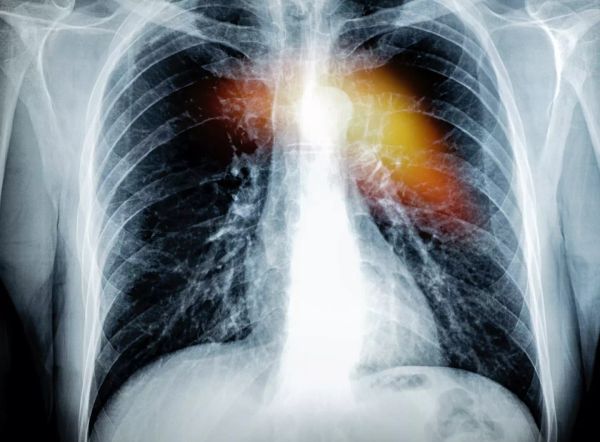Doctors are warning women to be aware of the symptoms of a “silent heart attack”. Unlike a regular cardiac arrest, which can be fatal, silent heart attacks often go unnoticed, causing damage to the heart without immediate consequences. It is crucial for women, especially those aged between 45-65, to familiarize themselves with these symptoms to protect their health.

Silent heart attacks have different symptoms from regular heart attacks. While chest pain, stomach pain, and shortness of breath are common in cardiac arrests, silent heart attacks often present milder and more long-term symptoms. This discrepancy in symptoms frequently leads to delayed diagnosis, putting lives at risk.
Both regular and silent heart attacks are caused by blockages in the arteries that interrupt blood flow to the heart. The difference lies in the cause of the blockage. Silent heart attacks are usually a result of plaque build-up in the coronary arteries, leading to reduced blood flow and potential damage to the heart muscle.

Due to the subtle nature of the symptoms, many women fail to seek medical attention until it is too late. To prevent this dangerous trend, medical experts urge British women to familiarize themselves with the signs and symptoms of a silent heart attack. By recognizing and acting upon these warning signs, lives can be saved.
The following symptoms should never be ignored:
Mild discomfort in the chest
Silent heart attacks are often characterized by a milder form of chest pain or discomfort. Instead of severe pain, patients may experience slight pressure in the center of their chest. This sensation may come and go intermittently. If you experience any chest discomfort, even if you doubt it could be a heart attack, it is essential to consult your GP for a check-up.

Discomfort in other areas of your body
During a silent heart attack, pain can be felt in various parts of the body, including the arms, back, jaw, stomach, and neck. If you are experiencing any unusual discomfort in these areas, it is crucial to seek medical attention.
Nausea and cold sweats
Flu-like symptoms, such as nausea, vomiting, and excessive sweating, can often accompany a silent heart attack. If you are experiencing these symptoms without any other explanation, it is important to consult a medical professional promptly.

Dizziness and loss of breath
Feeling lightheaded or experiencing shortness of breath can be indicators of a silent heart attack. If everyday tasks leave you feeling drained and breathless, it is best to consult your GP, regardless of your gender.
Silent heart attacks can have serious consequences if left untreated. It is essential for women between the ages of 45 and 65 to be aware of these symptoms and seek medical attention if they experience any concerning signs. By doing so, you can protect your heart health and potentially save your life.






